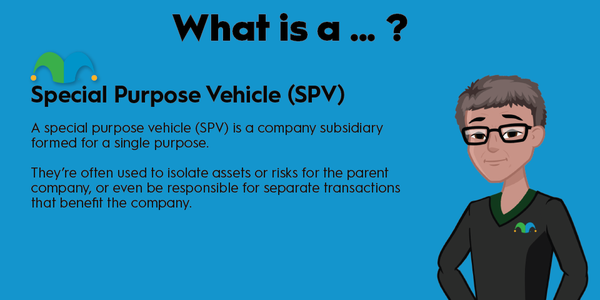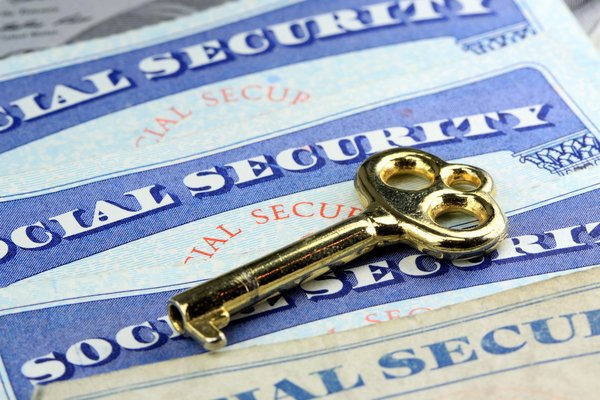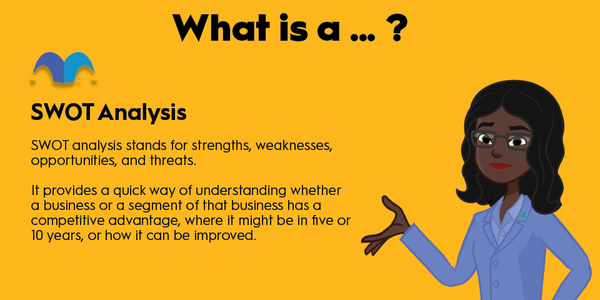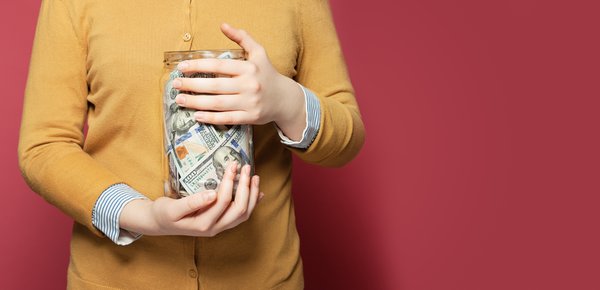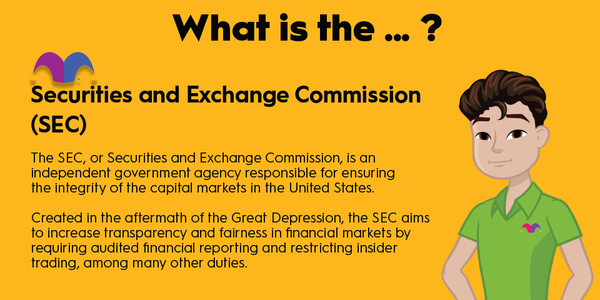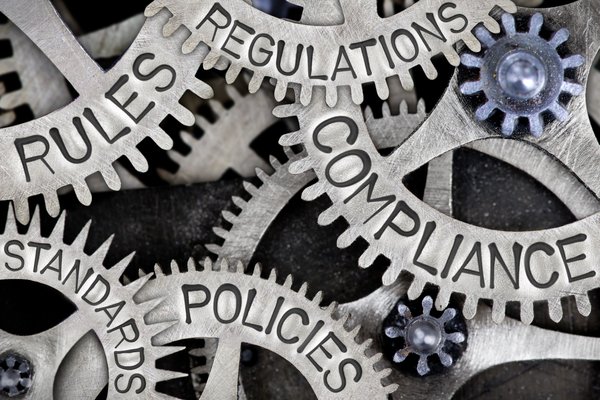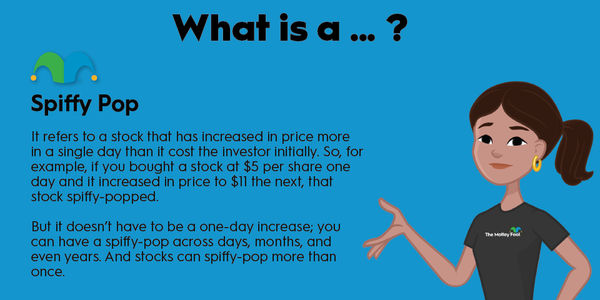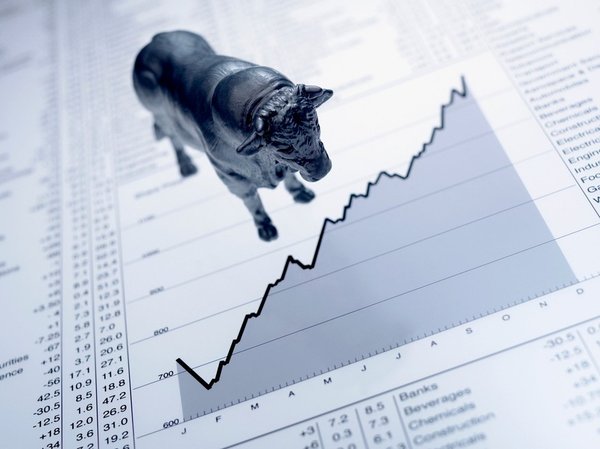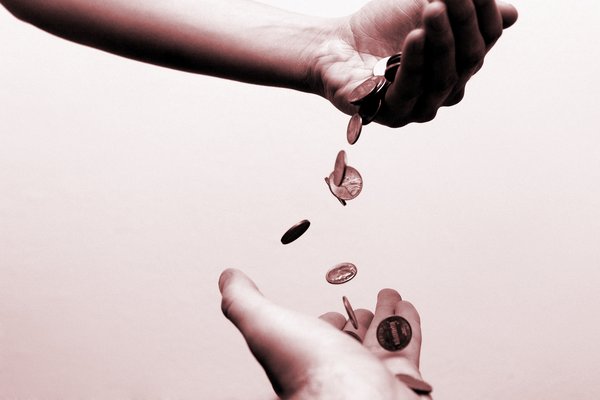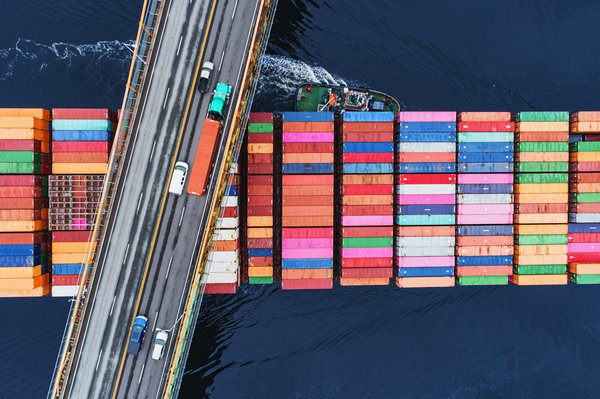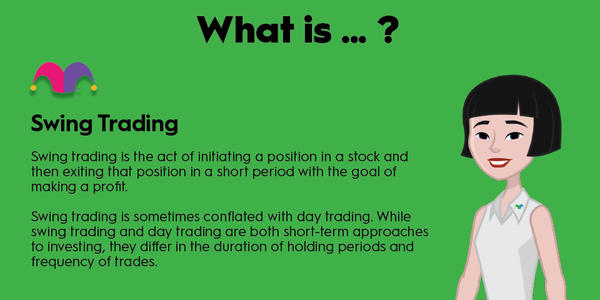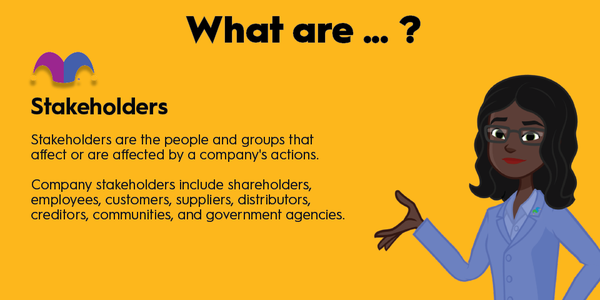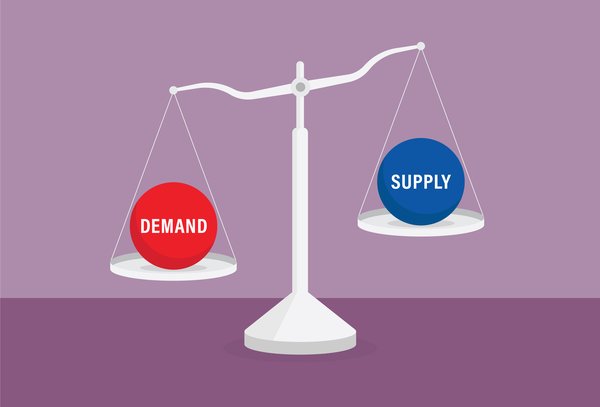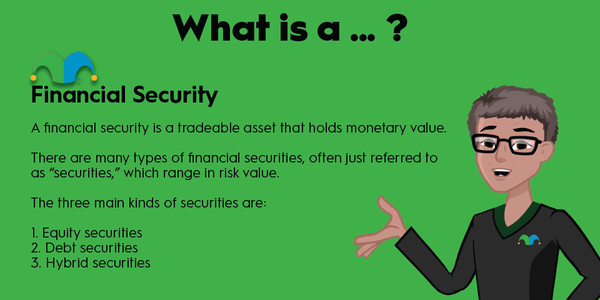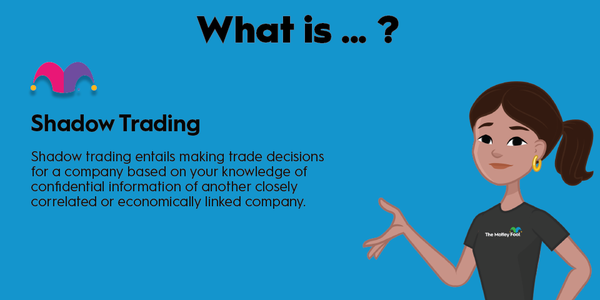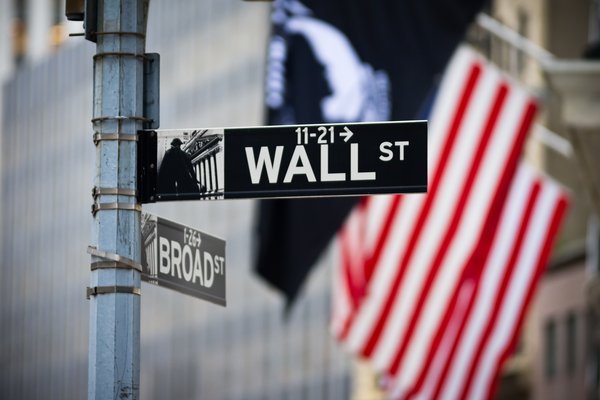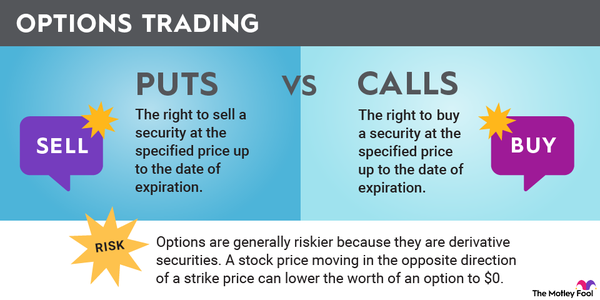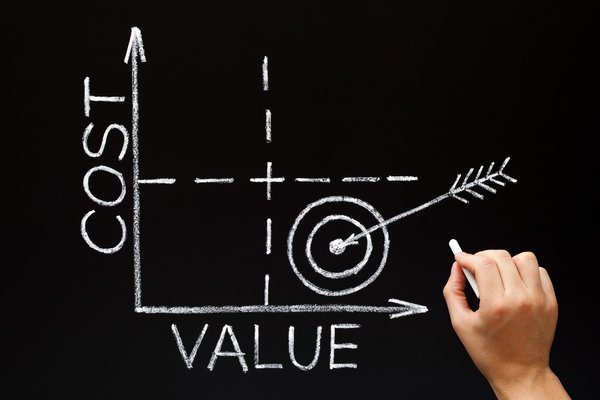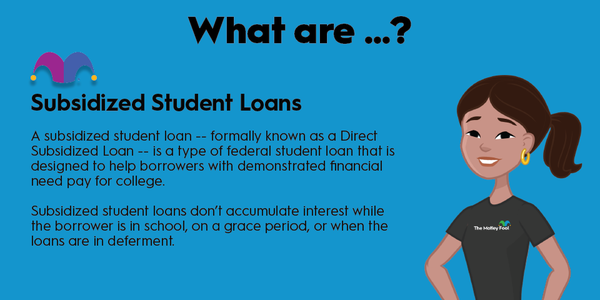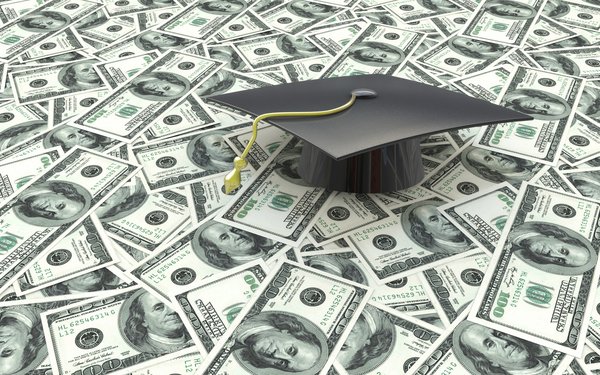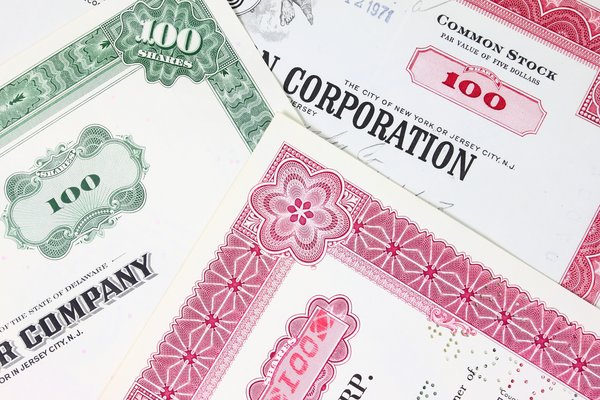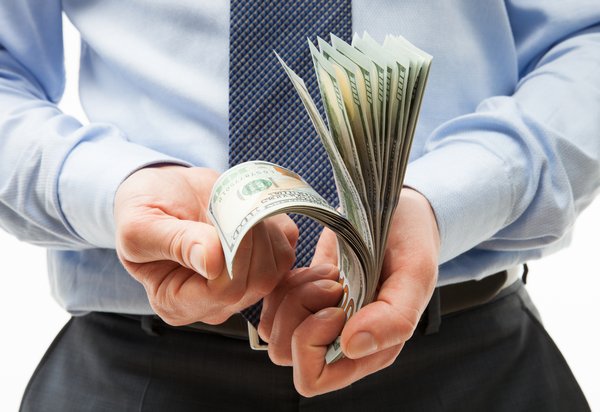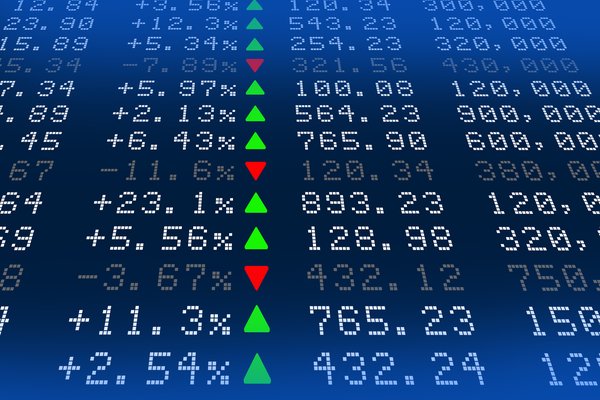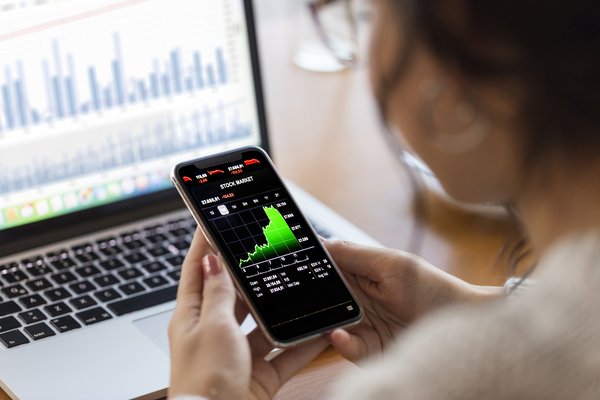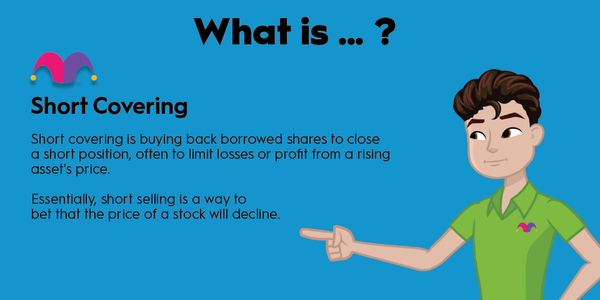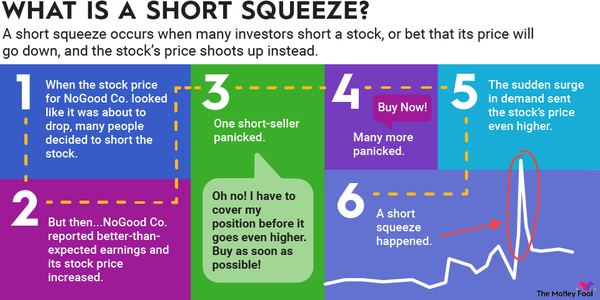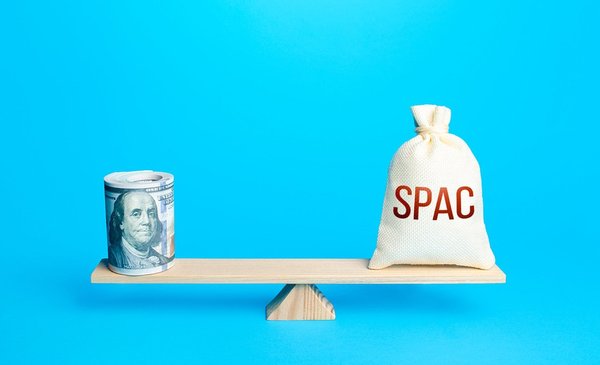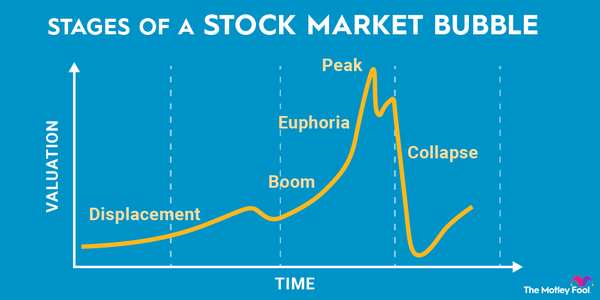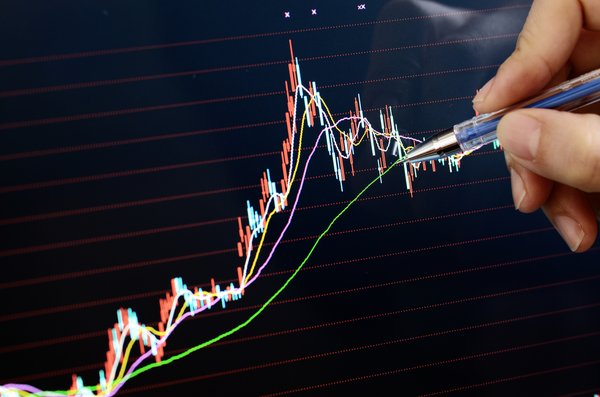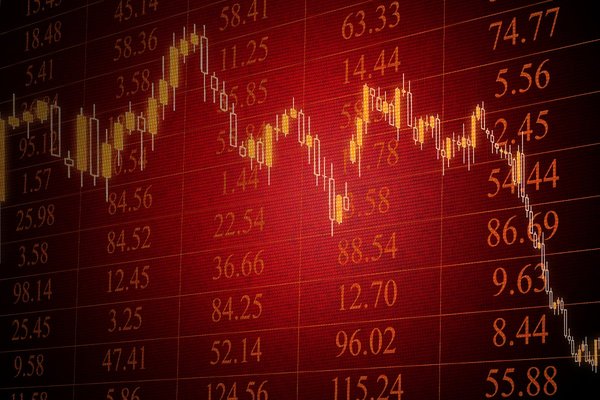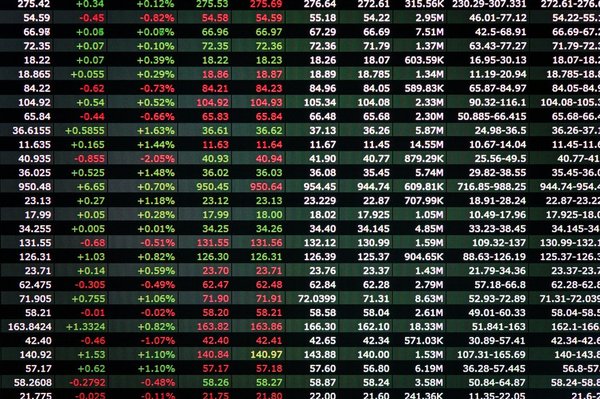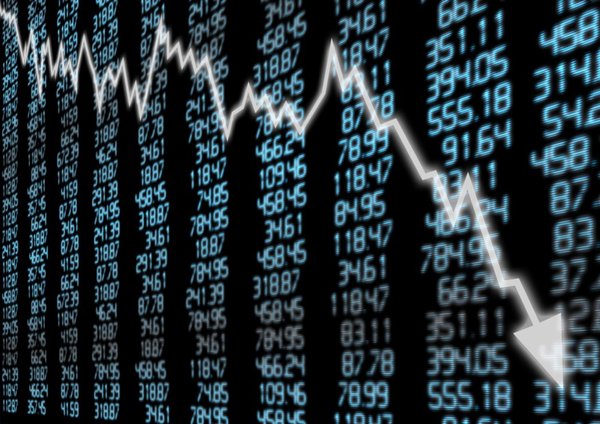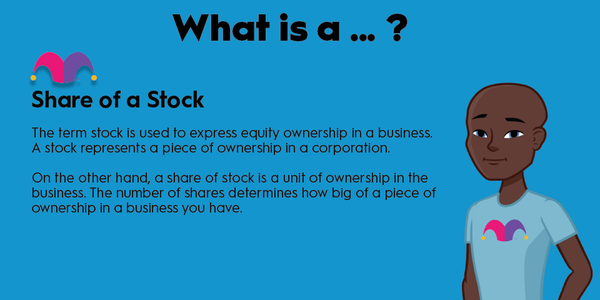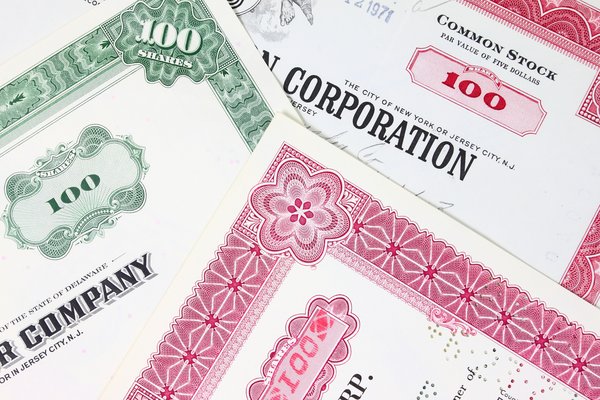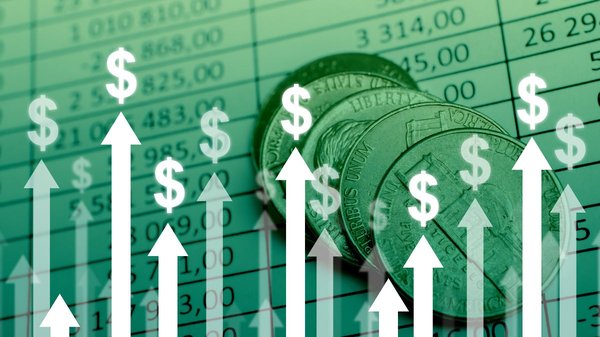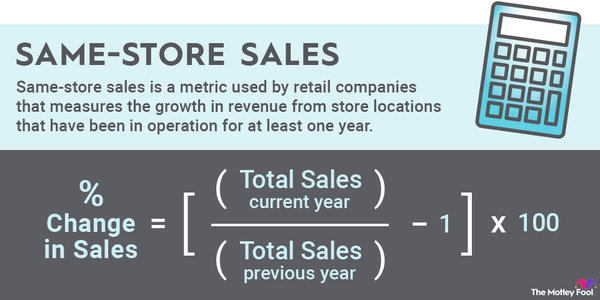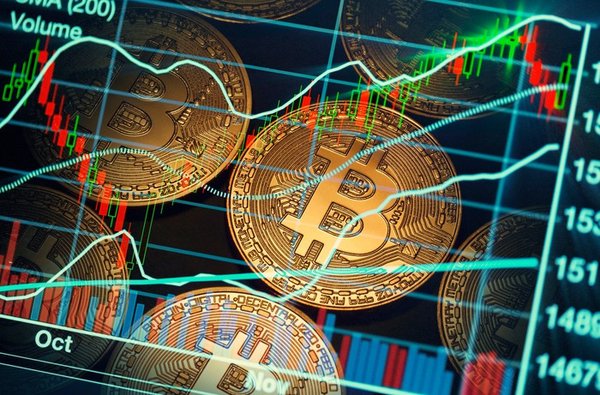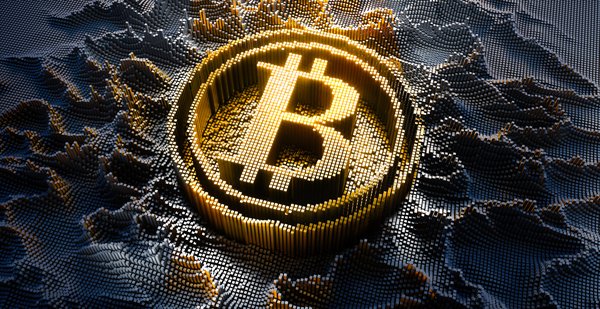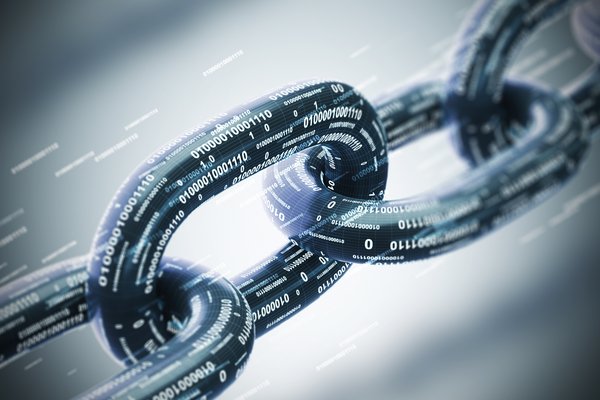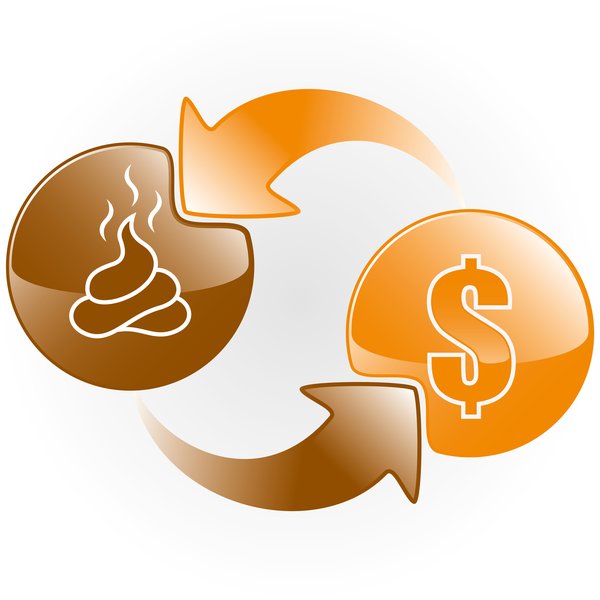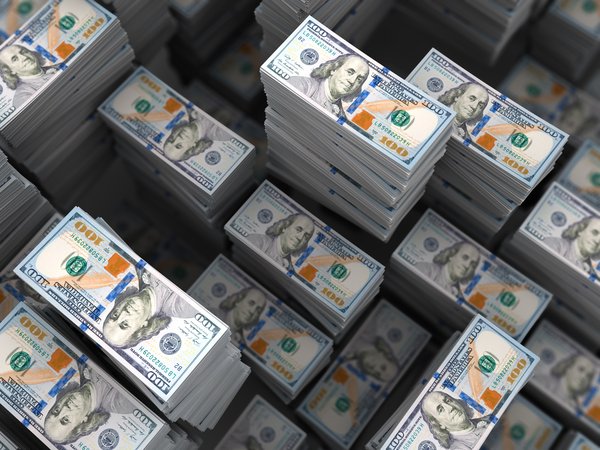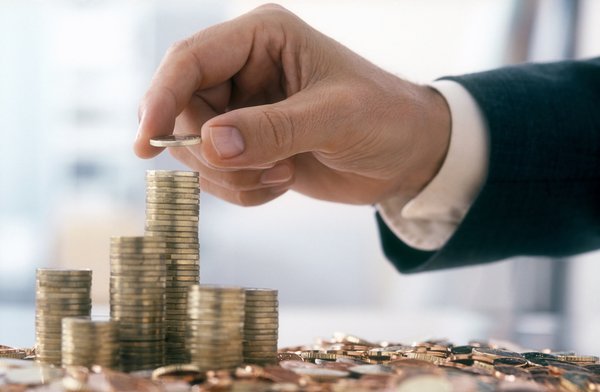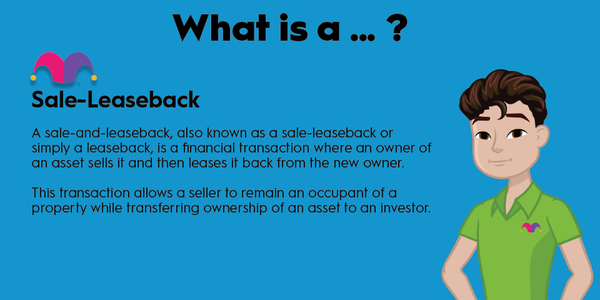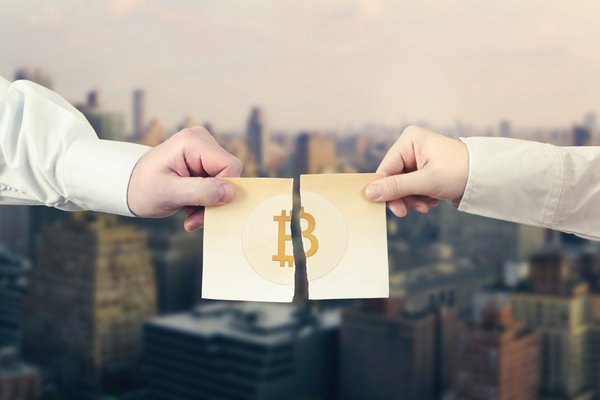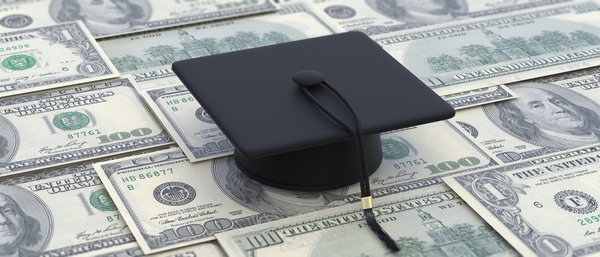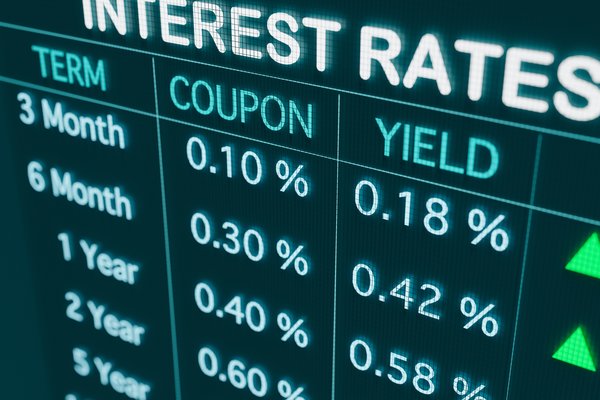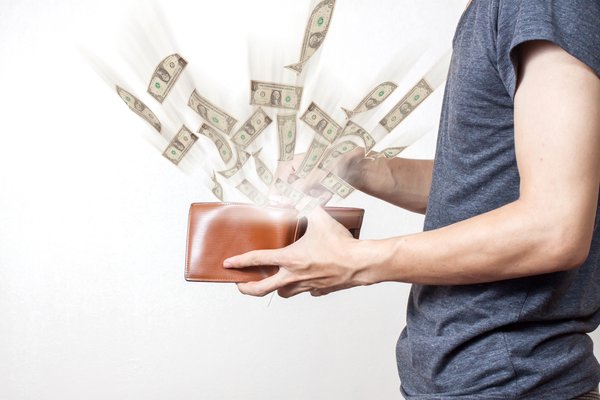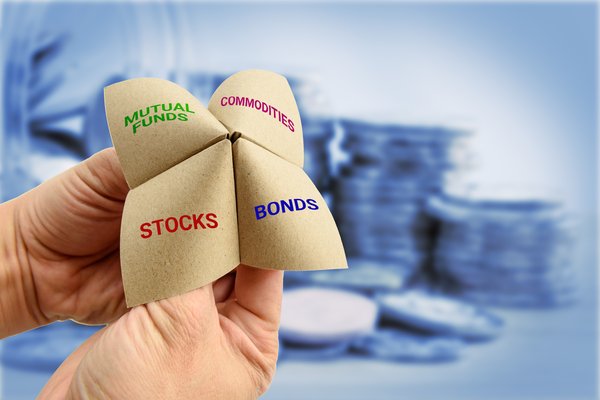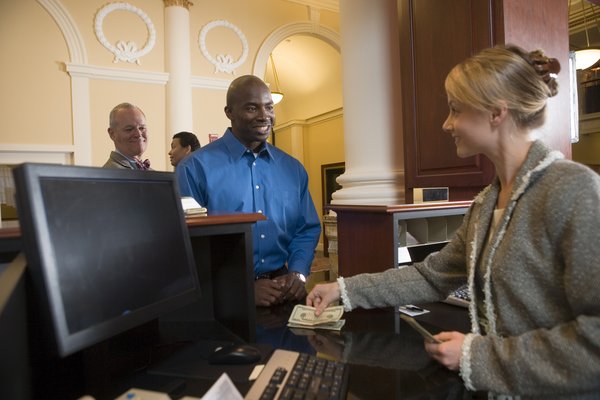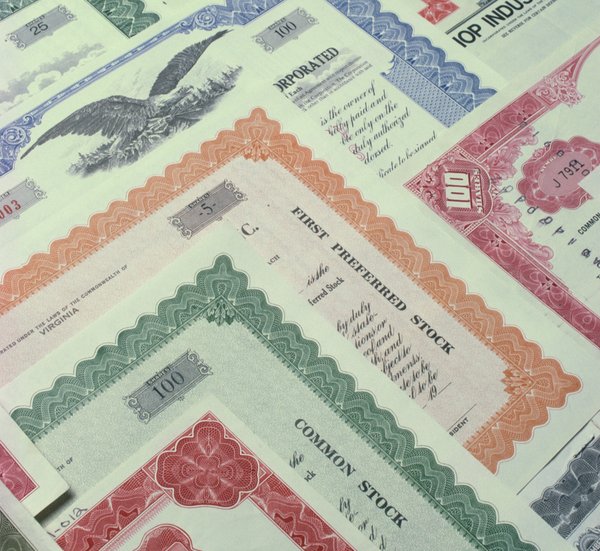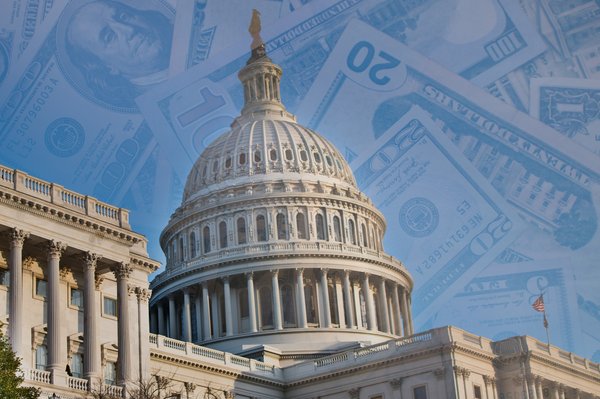Many investors purposely seek out dividend-paying stocks because they offer the added benefit of a regular income stream. A dividend is a portion of a company's earnings that it pays to its shareholders. Dividends are paid on a regular basis — typically once per quarter — but occasionally companies surprise their investors by issuing special dividends. A special dividend is a dividend that is paid one time and is usually more than the regular dividend.
When a company finds that it has a large amount of excess cash, it might decide to distribute that cash to its shareholders through a special dividend. Unlike a regular dividend, a special dividend is a one-time payment.

Why companies pay special dividends
Why companies pay special dividends
Businesses provide dividend payments to attract investors. Usually, to be conservative, the business's payout ratio is low enough that it has plenty of cash to invest in the future of the business and make current payments.
When companies do really well for long periods, they'll often end up with excess capital — money that isn't needed for current operations and is more than what the company is willing to invest for future growth. The business can use that excess capital to pay a special dividend to shareholders and allow them to make the investment decision.
A lot of tech companies that do not pay regular dividends will sometimes pay special dividends. It allows them the possibility of getting cash back to shareholders without the constraint of a regular payment.
Another reason companies may issue a special dividend is due to a one-time influx of cash. A commodity business experiencing windfall profits from price increases, or a business that just did exceptionally well in a quarter or two, may decide to reward shareholders with the extra profits.
Example of a special dividend
Example of a special dividend
Let's take a look at a semi-recent special dividend. In November 2020, Costco (COST -1.78%) was paying a regular dividend of $0.70 per quarter. However, it announced that it would pay a special dividend in December of $10 per share.
The special dividend carried a total cost of $4.4 billion for Costco. According to CEO Richard Galanti, the company's balance sheet was strong enough to pay the special dividend while continuing to grow.
Costco has developed a reputation as a semi-regular special dividend payer. The membership-only retailer has also paid the following special dividends:
- $7/share in December 2012
- $5/share in February 2015
- $7/share in May 2017
In April 2021, it also raised its regular quarterly dividend from $0.70 to $0.79 per share.
Costco is an incredibly strong company that has increased revenue for years, including in 2020, and it usually has plenty of cash and operating income to meet debt payments and other obligations, as well as to invest in the future.
Special dividend payers
Special dividend payers
Here are a few more companies paying special dividends:
Main Street Capital (MAIN -0.55%) provides financing for mid-sized businesses that are too big for community banks and not big enough for large commercial banks. As a Business Development Company (BDC), it must distribute 90% of its net income to shareholders. In addition to those high regular dividends, it also pays supplementary special dividends from time to time when its portfolio positions have large gains.
Rio Tinto (RIO 1.18%) is a mining company focused on iron ore and copper, among other metals. It issued a special dividend in June 2021 following a massive price spike in iron ore. The special dividend amounted to $1.85 per share, in addition to its normal dividend of $3.76 per share.
Wingstop (WING -1.73%) is an American restaurant chain that specializes in chicken wings (or, more recently, chicken thighs due to a wing shortage). The company has thrived during the COVID-19 pandemic because it does so many to-go orders. Toward the end of 2020, it declared a $5/share special dividend. This is the company's fourth special dividend since going public in 2017.
Camping World (CWH -1.84%) is an RV retailer that also had a great 2020. It has a normal quarterly dividend, a "regular special dividend," and, in November 2020, declared an additional special dividend of $0.77 per share.
Cohen & Steers (CNS -2.07%) is an investment manager that invests in real assets and alternative income around the world. It has declared special dividends annually since 2015, with the dividends reaching $1 per share every year since 2017.
Diamond Hill Investment (DHIL -0.77%) is another asset management firm. You may be noticing a trend here: Investment managers want to reward shareholders (and usually themselves) with special dividends when they have good returns. Diamond Hill actually didn't have a regular dividend until 2020, preferring to make special dividend payments. It made one each year from 2008 to 2020, the lowest of which was $3 per share and the highest being more than $7 per share.
Are there any drawbacks to a special dividend?
Are there any drawbacks to a special dividend?
At first glance, a special dividend might seem like an absolute good since it puts extra cash in investors' pockets. However, sometimes a special dividend can backfire.
First of all, when a company makes a special dividend payment, its stock price is immediately reduced by the amount of that payment. Sometimes investors will try to sell their shares after receiving a special dividend payment, but if they do, they're essentially wiping out their own profits by taking a hit on the price of their shares. Additionally, the more investors who try to sell following a special dividend payment, the more a company's stock price is likely to drop.
Furthermore, some investors regard special dividends as a sign that the issuing company has run out of opportunities to expand the business. For fast-growing technology companies, there should be ways to invest excess cash in the business whether through acquisitions or new capital investments.
Another drawback of special dividends is taxes for the investor. Dividends are the only form of income that is double-taxed by the IRS. The business pays taxes on its net income each year, and then you are required to pay taxes on the dividends once they reach your account. Tax rates can reach 20% for qualified dividends and could be even higher for unqualified dividends. Even if you choose to immediately reinvest the dividends, you'll owe taxes at the end of the year.
It is often better for the business to buy back stock than issue a special dividend. If it buys back stock, your ownership stake in the company goes up and the stock price should go up as well. You can then choose how and when to sell shares to raise cash if you want. That way, you control your tax rate.
How does a special dividend impact share price?
How does a special dividend impact share price?
As stated above, the share price falls by the amount of the dividend on the day the dividend is paid. This is because the value of the cash is no longer included in the intrinsic value of the business. If the business is strong, the price will return to previous levels in time.
Over the long term, steadily growing stalwart-type businesses with a reputation of paying special dividends will trade for a premium over businesses that don't. This is because income investors hungry for cash will figure out there are special dividends to gain and bid up the price of the stock by buying shares.
For fast-growing companies, there may be a short-term drop because investors are worried about future growth opportunities. If management is effective at communicating what the capital plan is and why the dividend is being issued, the stock should do fine over the long term.
Conclusion
If you already own a stock that announces it will be paying a special dividend, that's great news! However, it may not be worth it to try to focus your investments on special dividend payers. The stock price will likely trade at a premium, and there are probably better ways for the company to use the cash or return it to shareholders.
